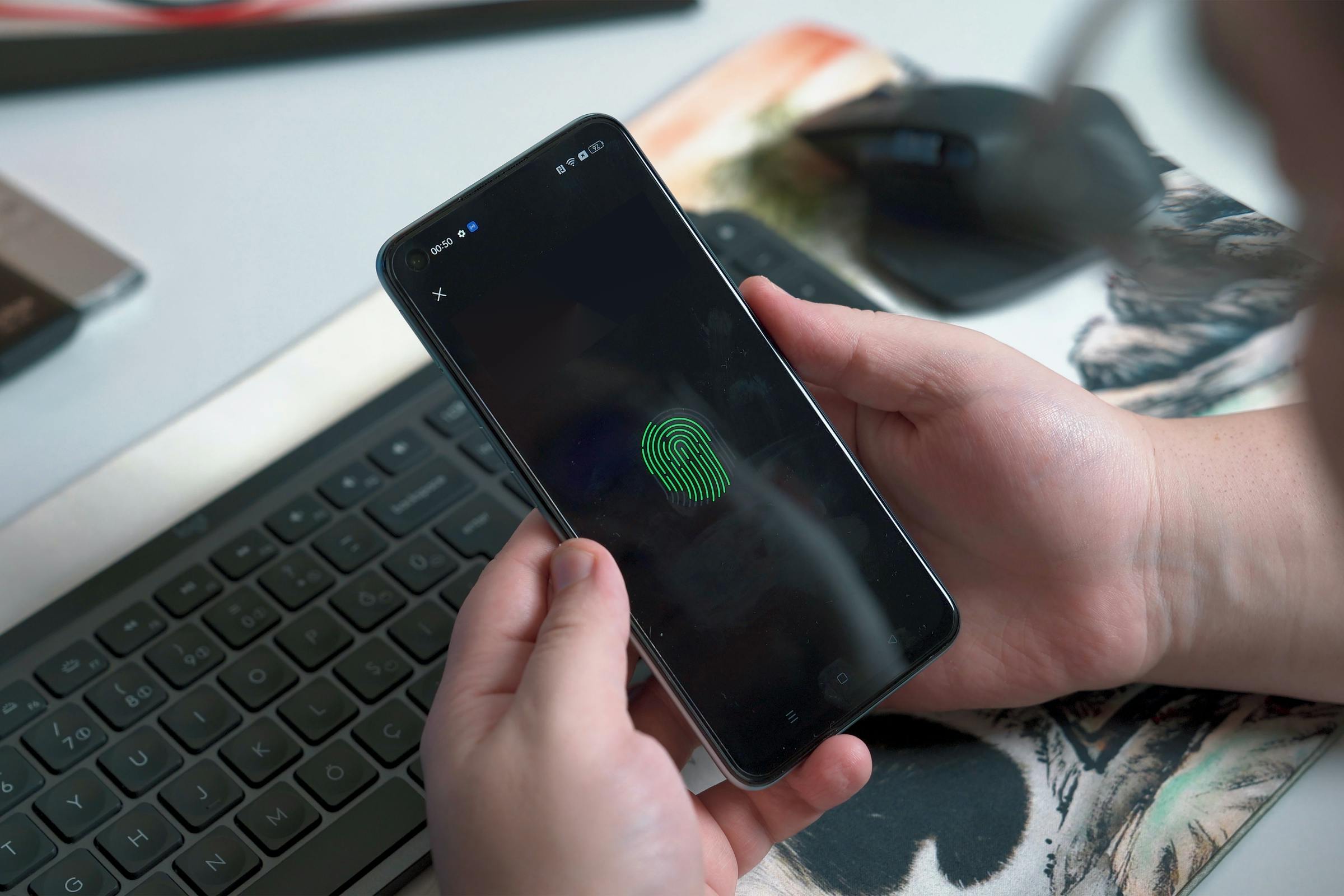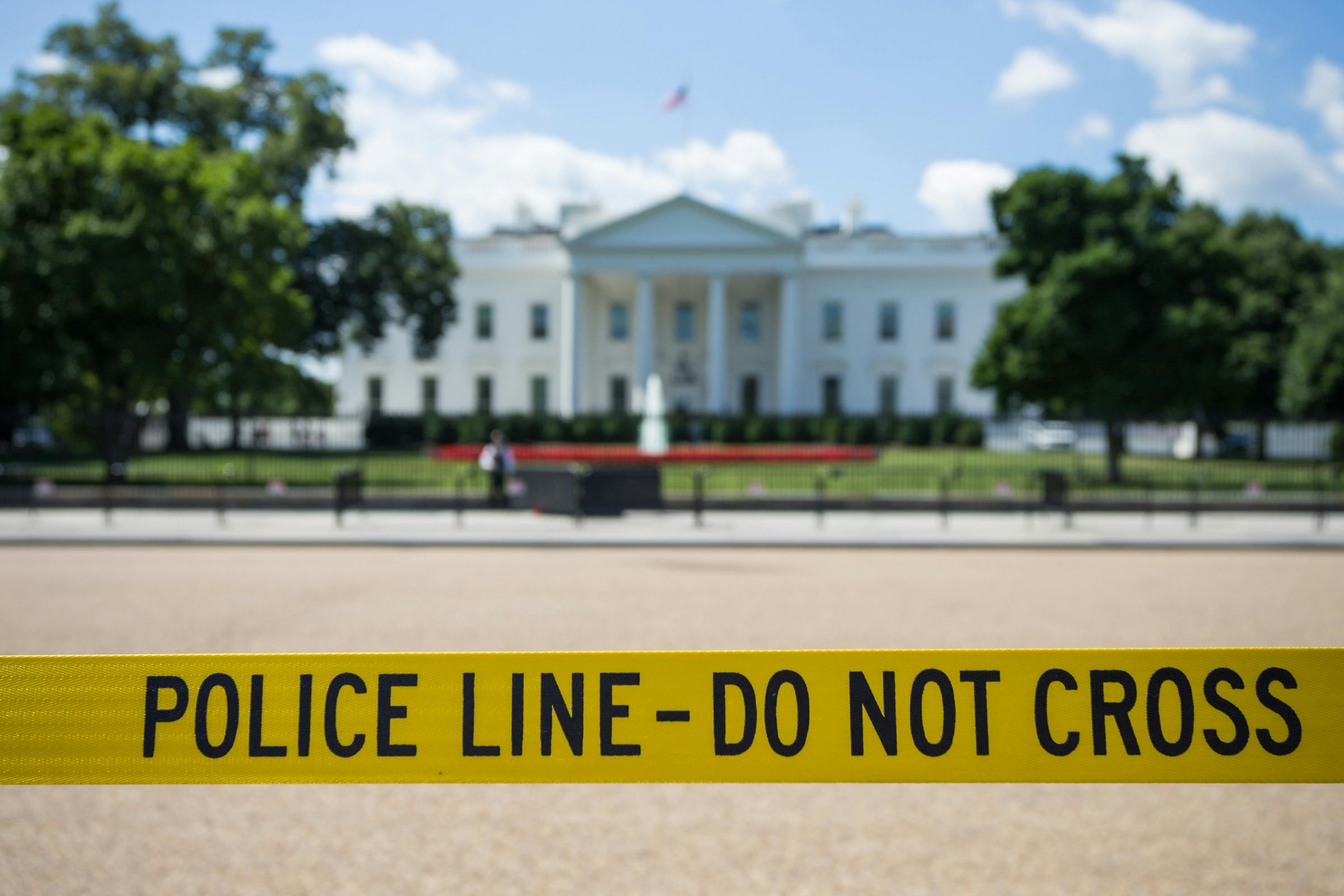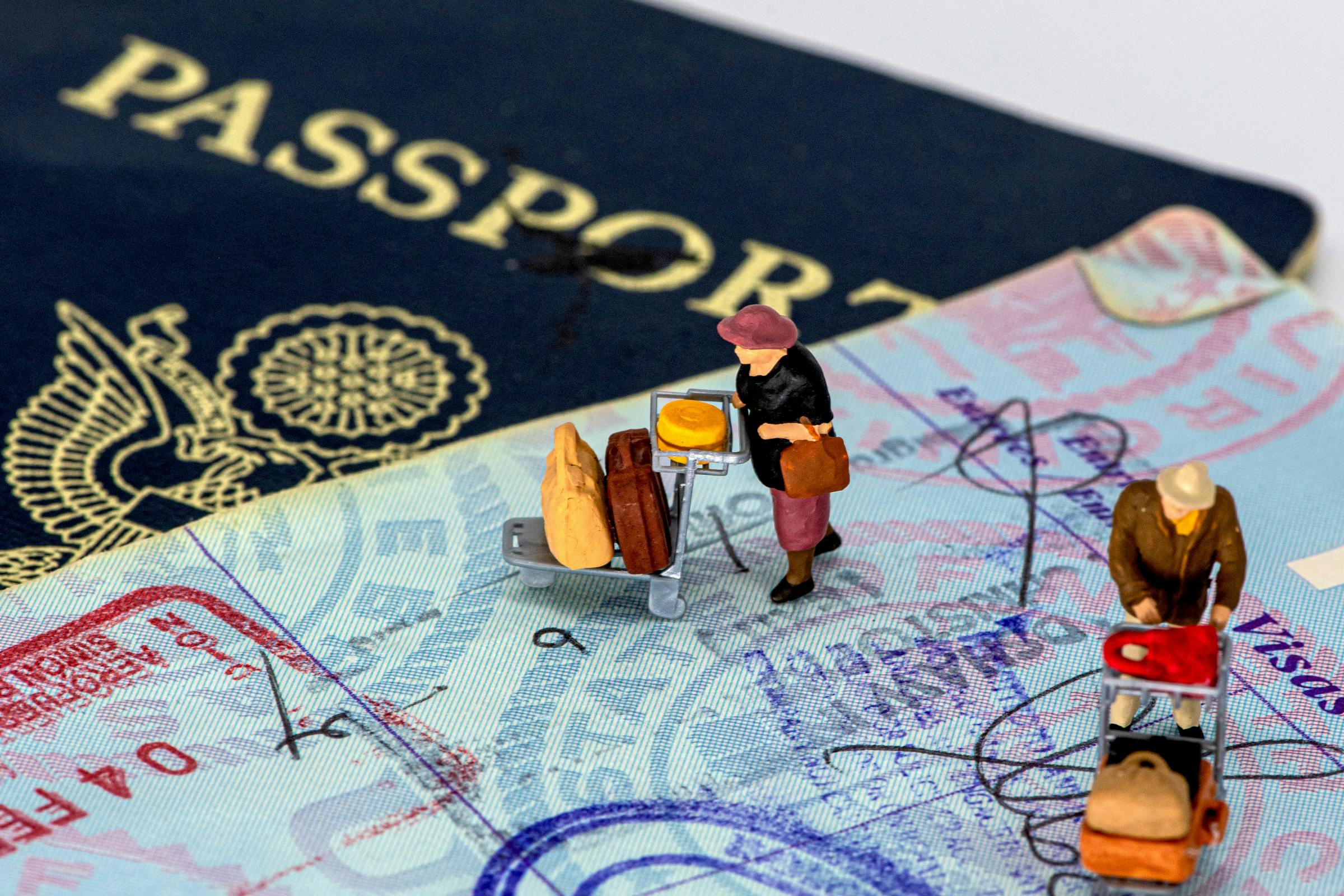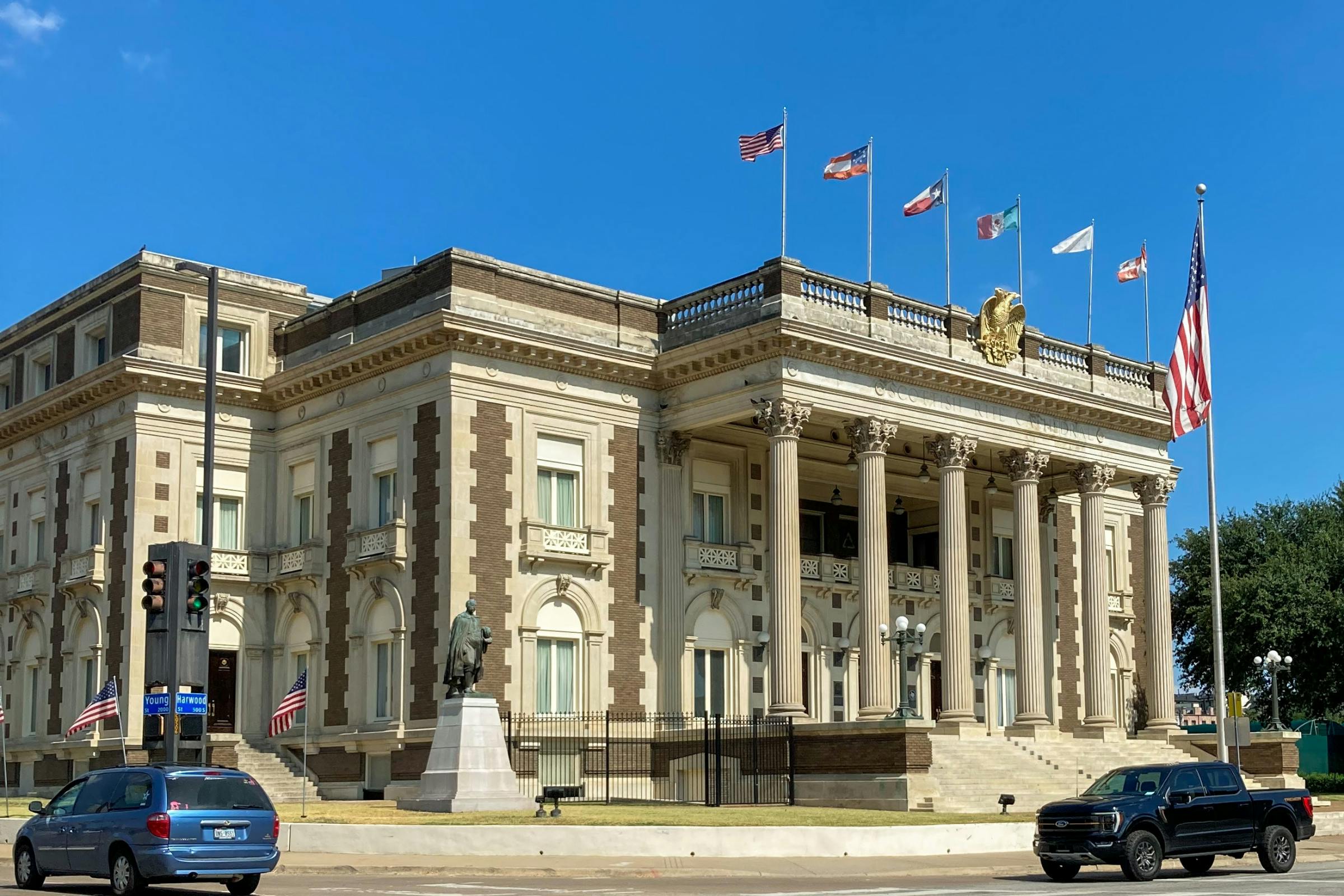Biometrics Requirements
Before a visa is granted, applicants are required to submit biometrics. In short, this is done through an appointment in which the individual’s fingerprints and photo are obtained securely. The fingerprints and photos are run through the FBI’s database to search for criminal records.
It's an extra step that delays your application while you wait for your appointment. Otherwise, as long as you don't have a criminal background or immigration violations, it's nothing to worry about. (Note: If you have either of these, it doesn't mean you can't get a visa. However, it's wise to contact your immigration attorney before you file this form and discuss your history to find out what to expect.)
The biometrics appointment is performed at the US Consulate or Embassy processing the application. It is scheduled before the final visa stamping appointment, and an $85 fee is associated with the requirement.
During the screening, the applicant (or family member applying with the primary beneficiary) has their photo taken, fingerprints obtained, and signs their name in front of an official representative of the Consulate/Embassy. It takes about 15-20 minutes once you are called from the waiting room.
This information is cross-checked through the FBI and Department of Homeland Security (DHS) databases to verify there are no immigration violations or criminal acts on record.
Some people expect that a biometrics appointment requires blood or DNA testing, but this is not usually the case. Occasionally, a DNA test is required if there is a question of a legitimate parent/child or sibling relationship. This is usually requested by USCIS and is not a typical part of the biometrics appointment.
Biometrics Requirement for I-539 Applications is Removed
Until October 1, 2023, applicants filing an I-539 had to undergo the biometrics appointment (and pay the $85 fee) twice. A request to extend status meant the initial biometrics screening for the original visa, plus another screening to prove their identity and background history clearance with the I-539.
Beginning October 1, 2023, USCIS removed the biometrics screening and fee associated with the I-539 for all applicants. If you have filed this form after that date, you are exempt from the $85 biometrics screening fee, and you will not be scheduled to attend an appointment for this service. There are exceptions, so if USCIS does schedule an appointment for you, they will send you a notice, and you will have to pay the $85 fee. Overall, this exemption should save tens of thousands of people from having to go through this unnecessary screening and fee expense.
What’s Next?
USCIS’s announcement is another step forward in immigration reform that aims to streamline legitimate visa holders’ ability to remain in the US while enforcing stricter regulations to prevent fraud.
At Visa2US, our experts remain on top of the changes in immigration in the United States, and we continue to share any pertinent developments with you weekly. Please contact our office should you need help with your H-1B visa or National Interest Waiver. Our professional attorneys are available day and night to answer your questions and guide your journey as you continue to strive for your career goals.














